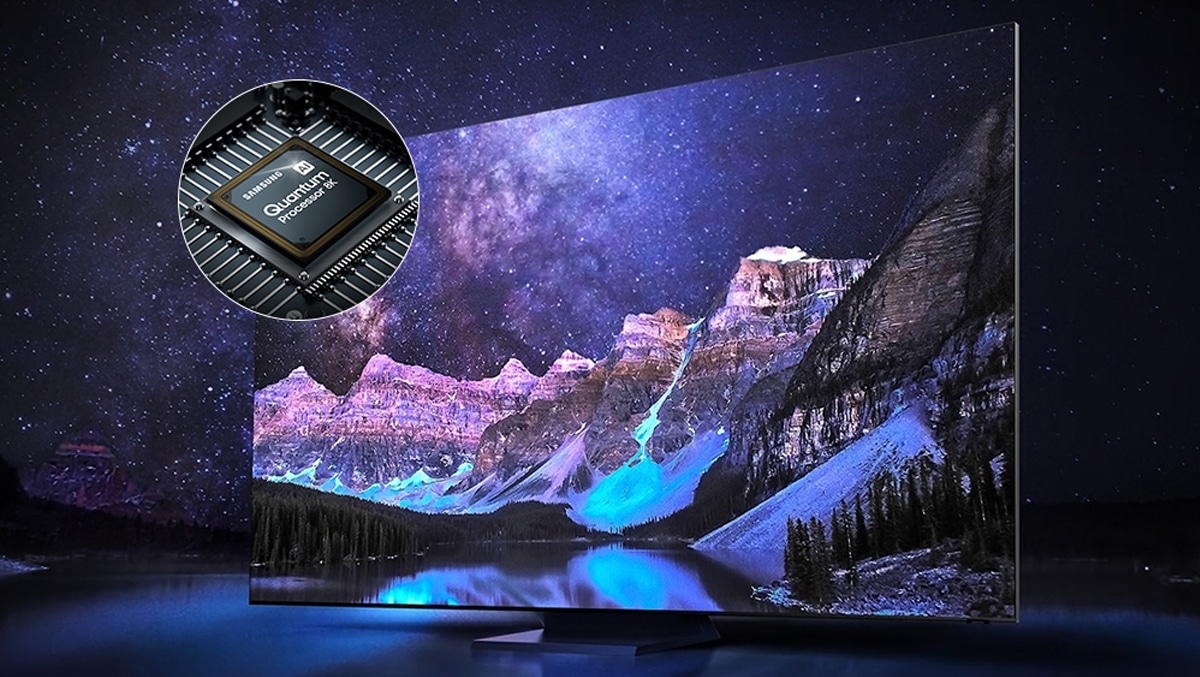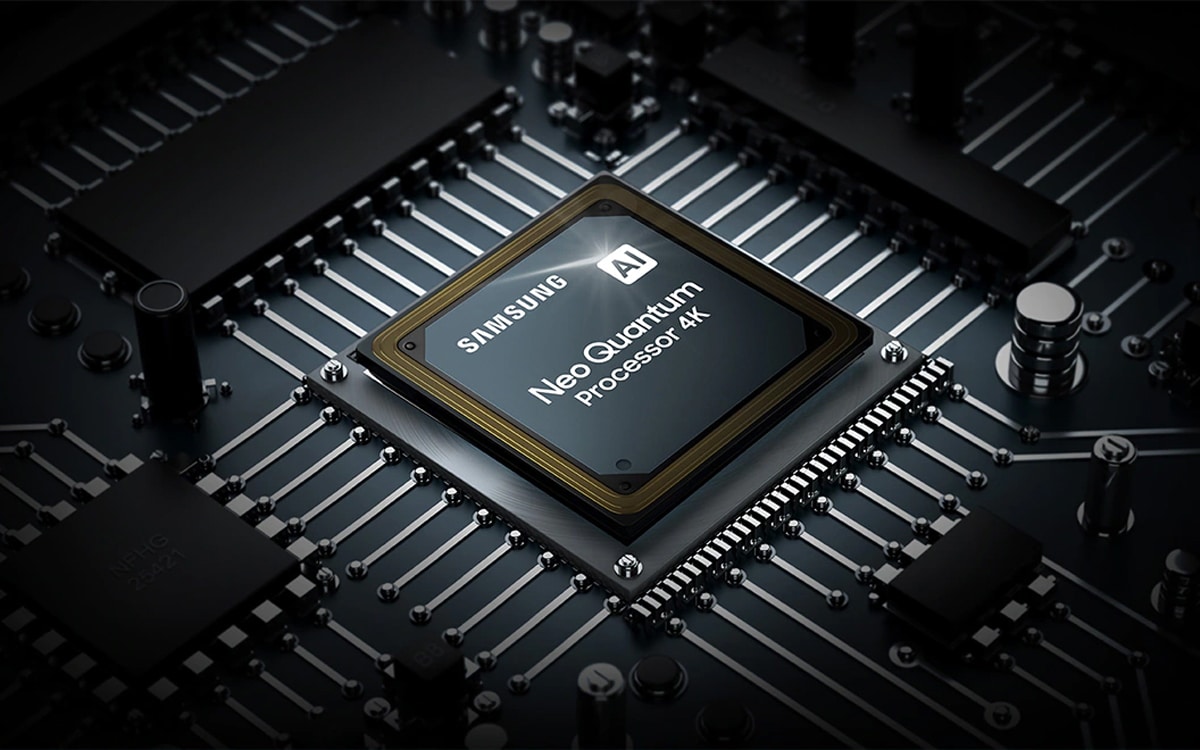In order to provide all of their extra smart features, smart TVs make use of a processor. But what does a processor actually do? What role does a processor play in making a TV truly “smart”, and should you look for the best processor around?
This article will find out the true function of the smart TV processor. So you can find a truly intelligent smart TV that is right for you! Let’s start below!
What Does The Processor In A Smart TV Do?
In the simplest of terms, the processor of a smart TV is essentially the “Brain” of the entire unit. The processor is responsible for managing all of the important functions of a smart TV. This helps to ensure that everything works together smoothly.
Thus, the better the processor, the more efficient and powerful the smart TV will be! Let’s take a look now at some of the specific functions of a smart TV processor!
Processing Data
The central function of a smart TV processor is to manage all input data, to ensure smooth function. Whenever you interact with your smart TV, the processor decodes the interaction and responds appropriately. Let’s say you wanted to go from Netflix to YouTube. The processor would process the change of applications to ensure a smooth transition.
Every single interaction you have with your smart TV needs to be processed as data. The stronger the processor is, the better able the smart TV is to understand and process said data.
Upscaling content
Many modern smart TVs now boast amazing UHD resolutions for much greater fidelity. To ensure that standard HD content (locked at 1080p) isn’t left behind, many 4K TVs and 8K TVs include automatic upscaling programs.
Upscaling programs operate by analysing content as it is played, to improve the total resolution of the image. A significant amount of processing power is needed to perform this function. This is because it is performed in real-time, as content is being played. In order to take advantage of resolution upscaling, you’ll want to make sure that you have an adequate processor!
Operating system
Processors are also used to house the various operating systems that are used in some of the market-leading smart TVs. Many smart TV manufacturers have their own proprietary operating systems. For example, Samsung TVs make use of the Tizen operating system, while TCL TVs make use of the hugely popular Android TV operating system.
Operating systems are hugely important, as they are the main way in which you interact with your smart TV. Operating systems are responsible for organising all of your most needed functions in an intuitive manner. They make it easier to hop between apps or switch from one TV channel to the next.
When looking around for your perfect smart TV, we strongly suggest taking a look at the operating system that the TV uses, and how the operating system supports it.
AI Functions
The best smart TVs are those that are able to become more intuitive and personalised as you use them. In order for smart TVs to provide personalised functions, many employ artificial intelligence within their processors.
Artificial intelligence within a smart TV processor is able to learn from how you interact with the TV, to get a sense of your most used apps, and your favourite Netflix programs. This learning helps the TV to always display the most important information first. This makes it much easier to interface with the TV.
AI also plays a role in helping to speed up the processing of the TV, to help it function more optimally.
Strong AI is a great extra feature to look out for when choosing the right smart TV.

Should You Opt For A Smart TV With A Stronger Processor?
If you want a truly efficient smart TV that is a cut above the competition, it’s always best to go for the strongest processor possible!
Stronger processors are able to ensure your smart TV runs without a hitch. This makes it easier to watch all of your favourite content while also improving it all through upscaling!
Processors are the unsung heroes hidden deep within our smart TVs, ready to help us access our favourite content whenever we want it!
Frequently Asked Questions
What Does A Smart TV Processor Do?
The processor on your smart TV is responsible for helping your smart TV to run at its best. The processor is responsible for managing your interactions with the TV, to make it seamless to move between apps or specific content. As well as this, it can perform extra functions, such as upscaling content to help standard HD content look amazing on UHD screens.
What Makes A Smart TV Faster?
Smart TVs begin to slow down and experience issues when their processors become overloaded. If you want to help make your smart TV more efficient, it can be useful to delete some of the unused apps cluttering up your home screen. Make sure to also check that your smart TV is updated to the latest firmware!
Should You Turn Your Smart TV Off At Night?
It is strongly recommended to turn your smart TV off whenever it is not in use. Turning the screen off helps to prevent screen-burn, while also ensuring the TV’s lifespan is extended. If you were to leave a smart TV operating overnight, you would be significantly shortening its lifespan by leaving it to consume energy while not in use.
Should I Unplug My Smart TV When Not In Use?
While you don’t need to totally unplug your smart TV when not in use, it can be a great way to save energy. Unplugging your TV when it is not in use can help you save a lot of money on your energy bills. When TVs are left in standby mode, they still consume a small amount of energy in order to quickly boot up when needed.





